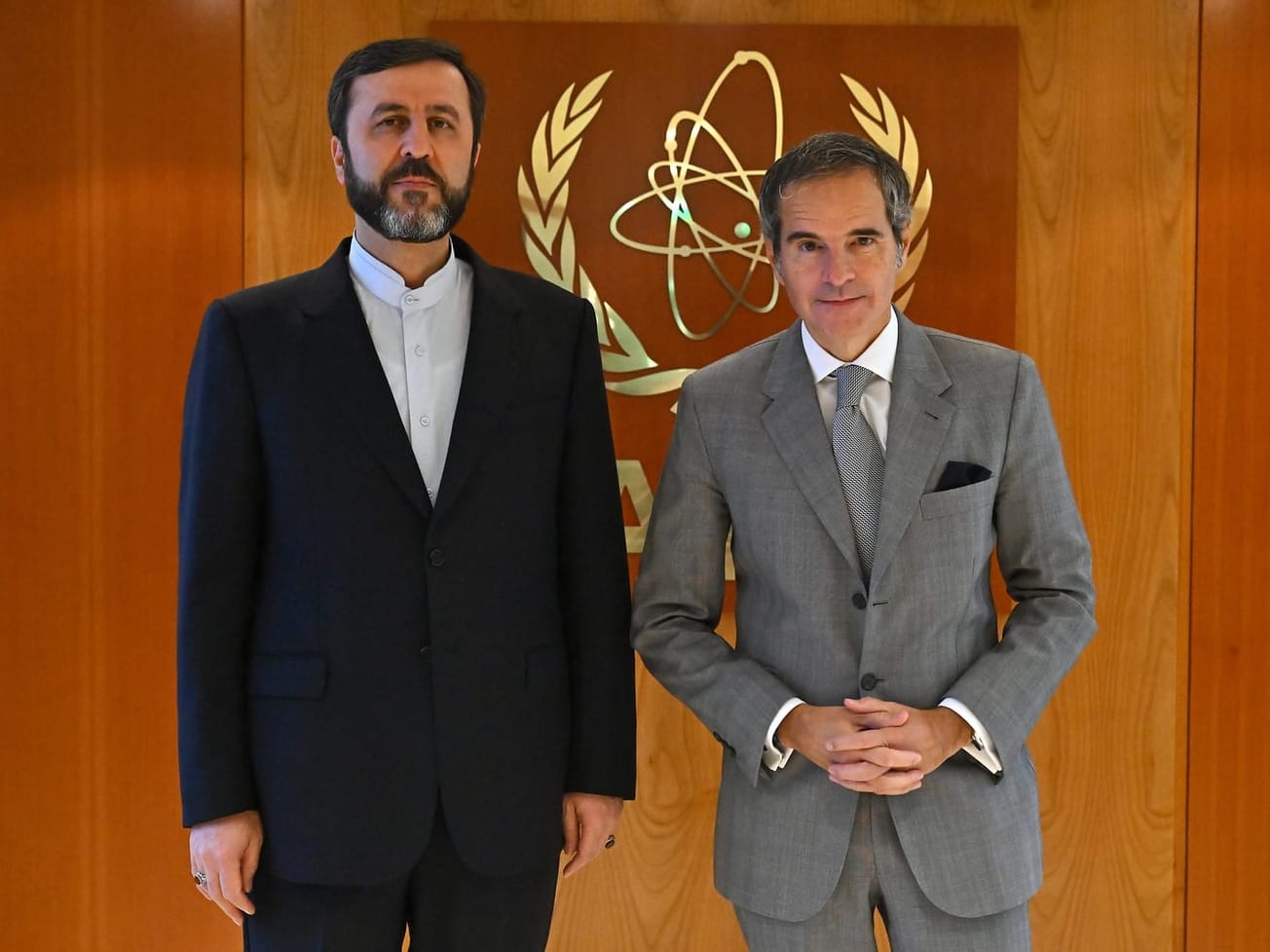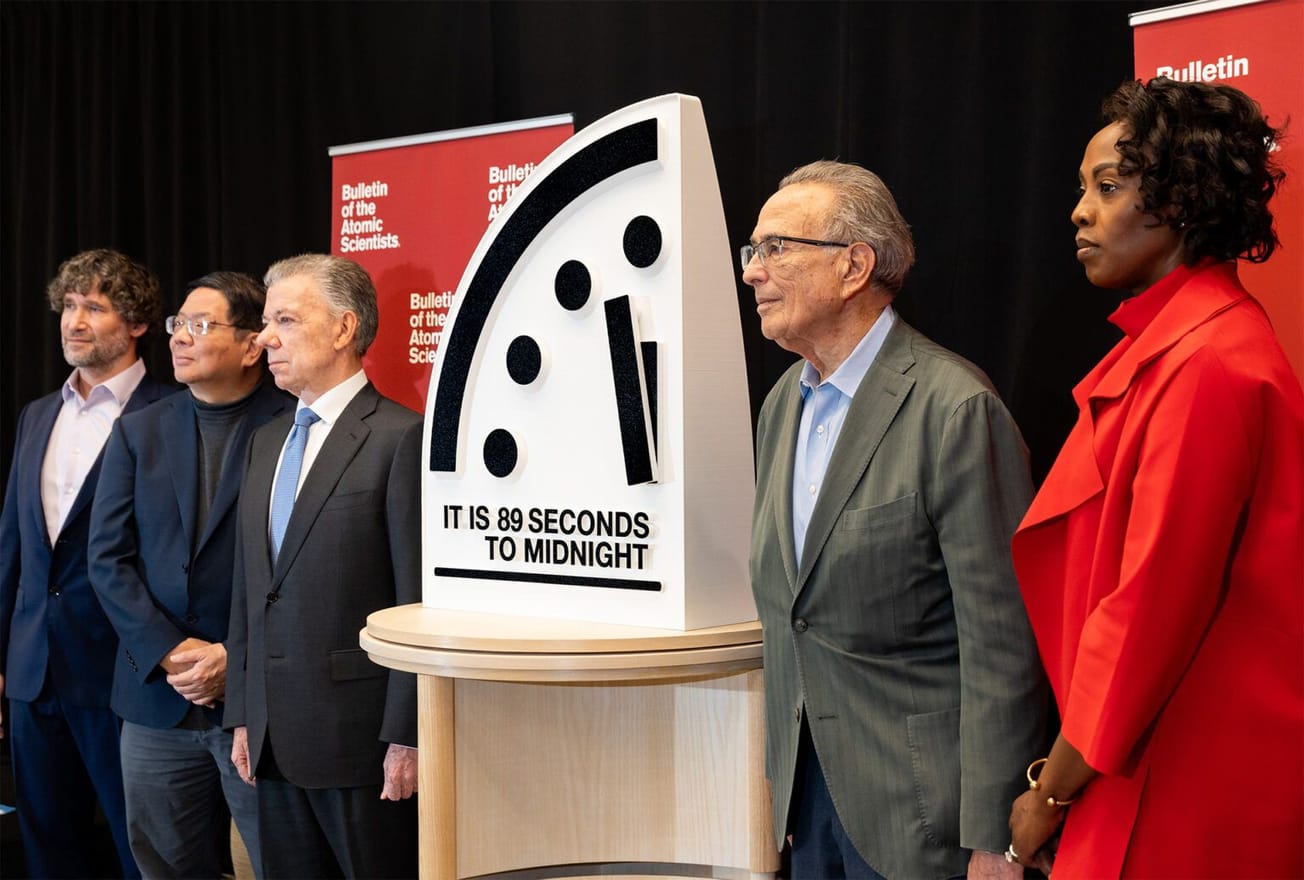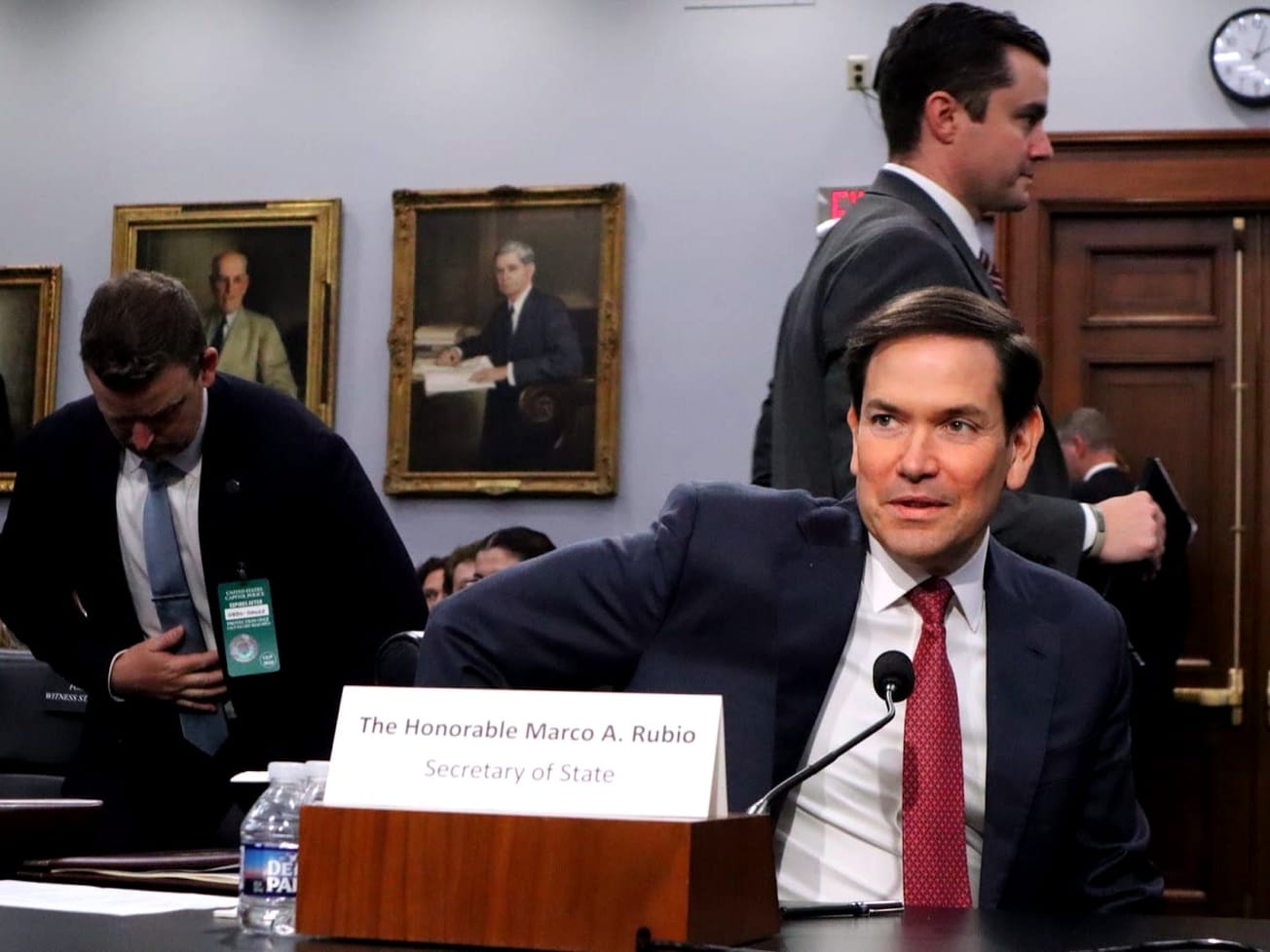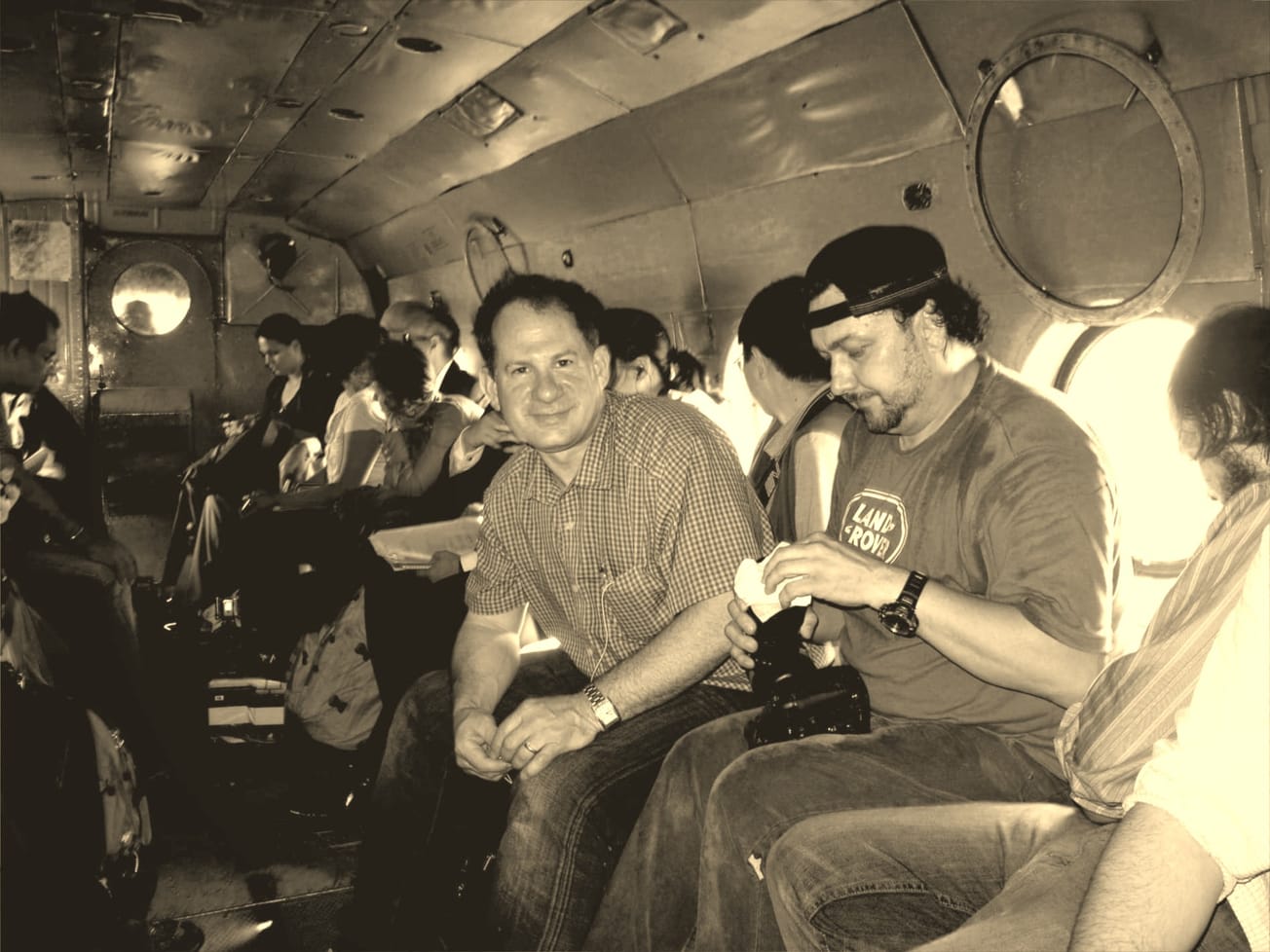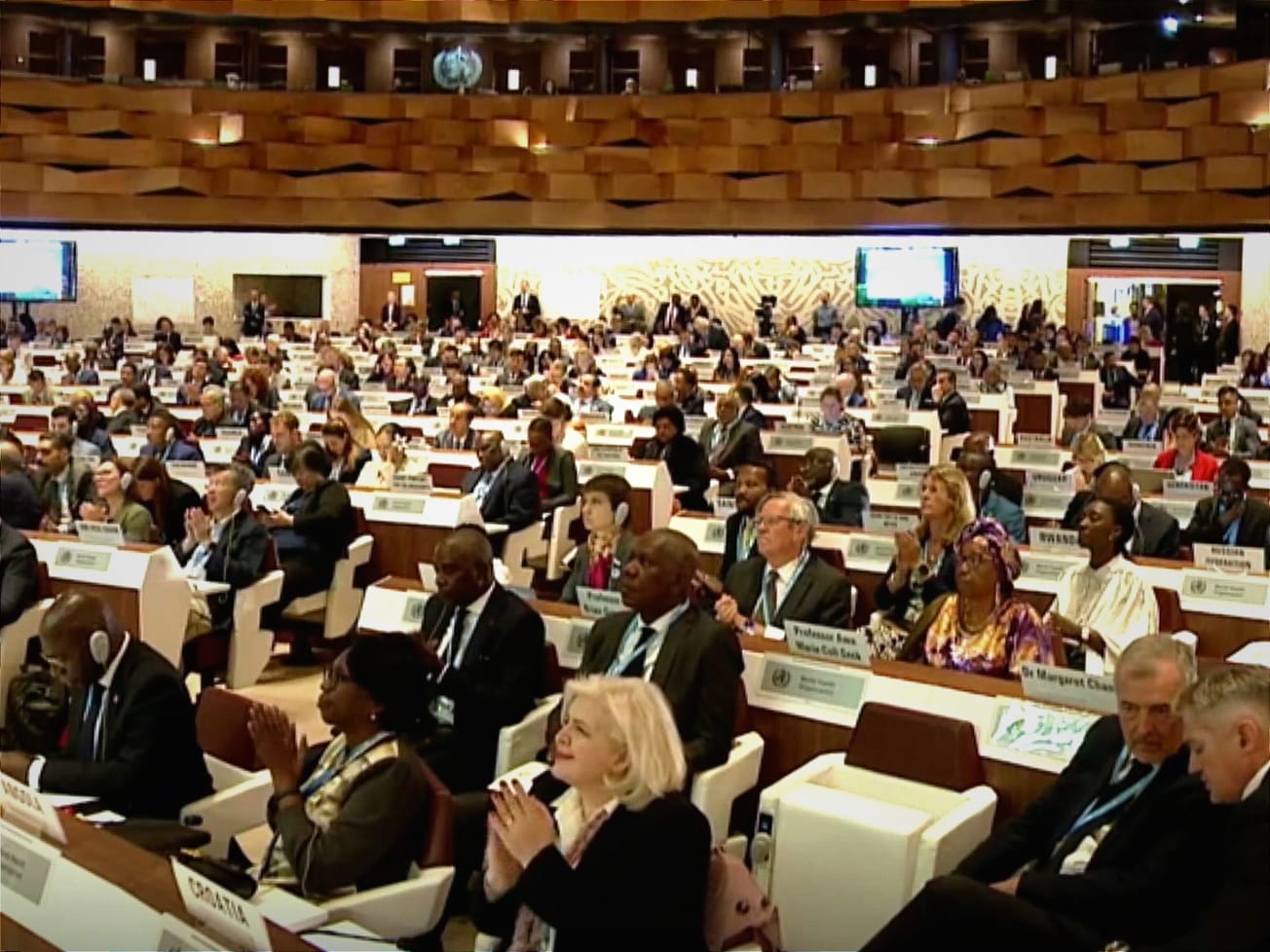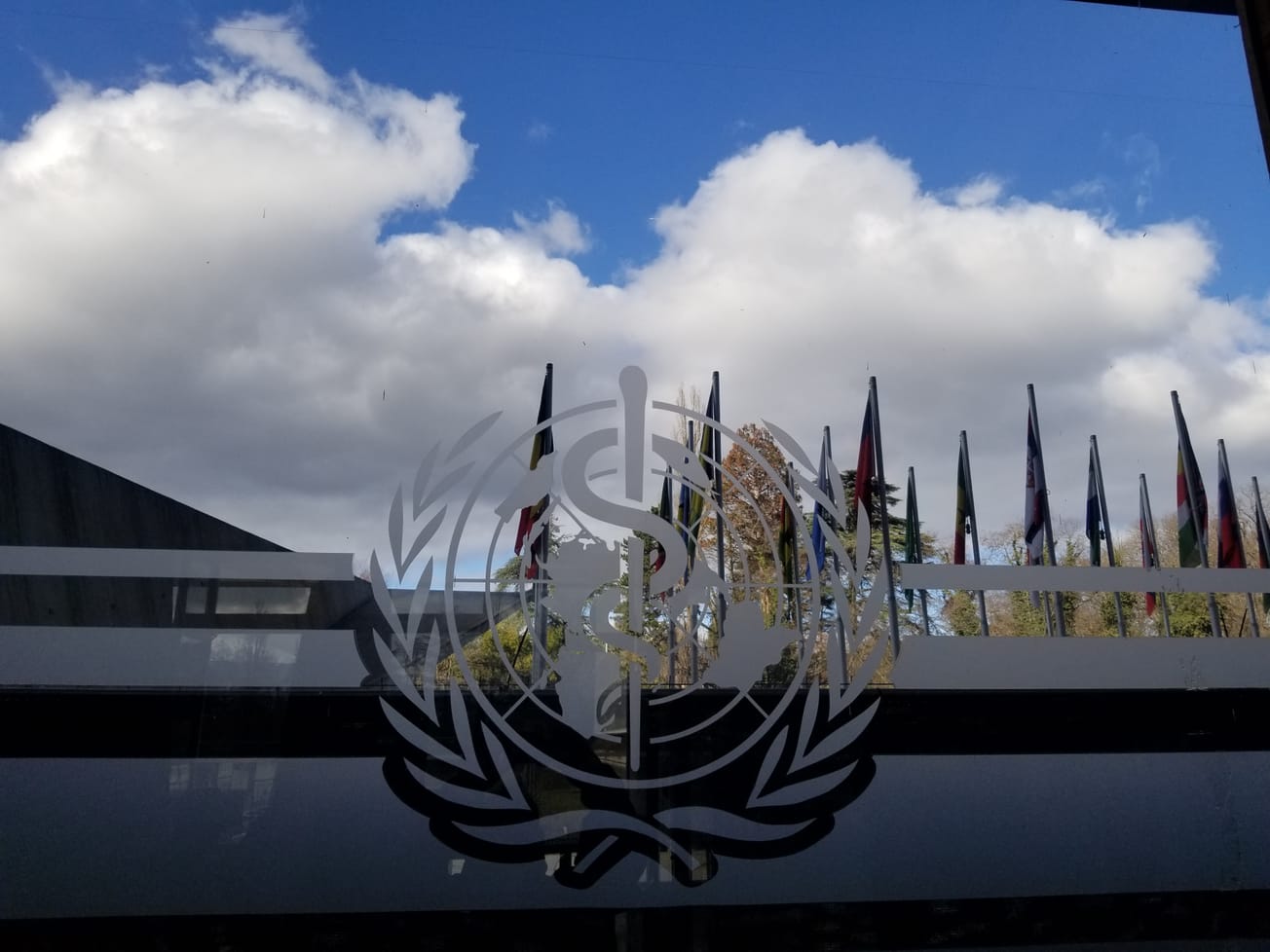GENEVA (AN) — Diplomats from Britain, France, Germany and Iran, plus the European Union, launched another round of talks about Iran's nuclear program – a week before Donald Trump's return to the U.S. presidency.
The talks on Monday focused on the 2015 Iran nuclear deal, known as the Joint Comprehensive Plan of Action, which lifted some economic pressure on Iran in exchange for curbs on its nuclear program.

